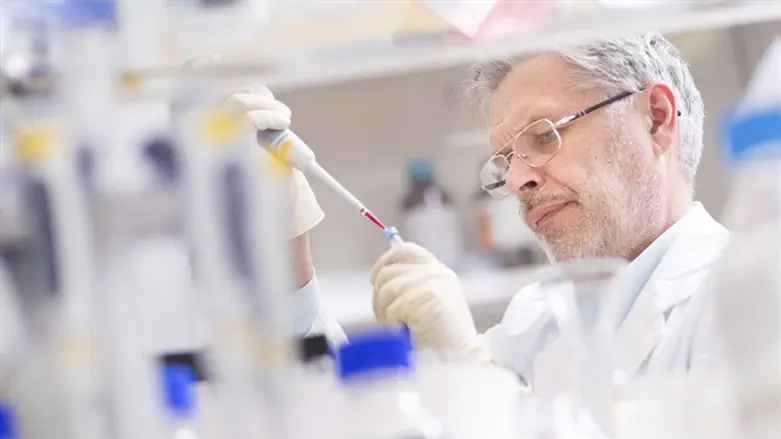
The Israeli pharmaceutical market is set to rise from $1.75 billion in 2015 to around $2.12 billion by 2020, representing a compound annual growth rate of 3.9%, according to research and consulting firm GlobalData.
The company’s latest report states that medical technological advances and R&D expenditure in the field of science and technology are distinguishing features of the Israeli pharmaceutical market. Indeed, the pharmaceutical space is supported by a network of recognized academic and research institutes, R&D facilities, and well-developed medical centers. Israeli research expertise and clinical advances have led to the development of blockbuster drugs and promising treatments for cancer, multiple sclerosis and Alzheimer’s disease.
Despite a long history of armed conflict with neighboring Arab countries and large-scale immigration, which has placed a heavy burden on the economy, Israel is a developed, industrialized country with a small, technologically-advanced agricultural sector, a growing service sector and a substantial high-tech sector. In this way, the economy is fairly robust and presents ample opportunity for a thriving pharmaceutical sector.
Technological advances in the healthcare field will be a major driver of growth in the market. For example, in 2014, the Ministry of Health launched a national health information exchange program for sharing clinical patient data across all general hospitals. Clalit and Maccabi health insurance services have implemented video conferencing services for patients, and Maccabi has also implemented a project addressing the needs of chronically ill patients.
Israel’s competitive generic market will also prove lucrative during the forecast period. The country saves $500 million annually using generic medicines, and, by value, generic drugs account for 15-20% of the sales of the marketed drugs. Israel is also home to Teva, one of the world’s top generic manufacturers. Teva produces and markets a range of generic and branded pharmaceuticals and biogenerics, and has major manufacturing and export facilities in Israel, North America, and Europe.